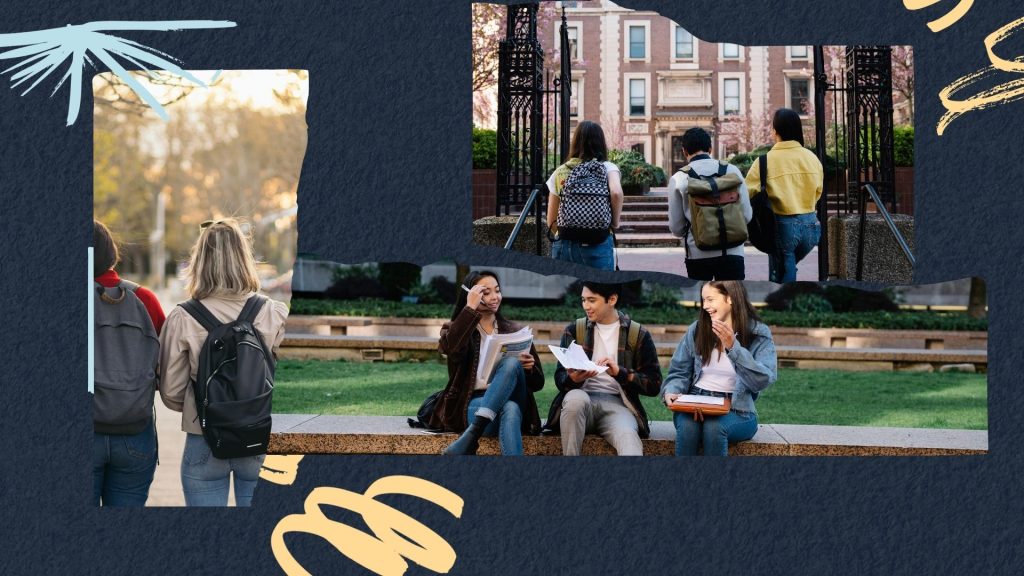Attitudes of college campuses towards public safety

In 2020, we partnered with UCPD and other stakeholders across several UC campuses to design and implement a set of campus-wide surveys. The goal of each survey was to shed light on the following broad questions:
How do campus community members experience and perceive campus policing and safety?
How do perceptions vary across different campus groups?
What is the level of community support for specific reforms to campus policing?
Does operational and demographic transparency impact perceptions of UCPD?
The aim of the survey was to assess attitudes toward and perceptions of campus police, support for various public safety policy reforms, and how experiences and beliefs vary across different demographic groups. At UC Berkeley, 16% of community members responded to the survey. Approximately 66% of respondents were students and 32% were faculty or staff. Responding students were broadly representative of overall campus demographics, although White students were slightly over-represented in the respondent pool and Hispanic students were slightly under-represented.
Overall, most respondents reported relatively neutral views of Berkeley’s UCPD; on average, they did not report strong trust or strong distrust in UC police. In addition, levels of trust in UCPD were significantly higher than levels of trust in police nationally, and this was true across all subgroups of respondents. However, trust in UCPD among Black and Hispanic respondents was significantly lower than among White respondents after adjusting for other variables. Likewise, non-binary, transgender, and LGBQ+ respondents reported significantly lower adjusted average trust in UCPD than cis-gender and straight respondents.
About 38% of all respondents reported having prior interactions—either voluntary or involuntary—with UCPD. Black respondents were significantly more likely to have reported prior interactions of any kind than White respondents. Specifically, after adjusting for other variables, 33% of Black respondents reported prior voluntary interactions and 19% reported prior involuntary interactions with UCPD, compared to 29% and 11%, respectively, for White respondents. The most common reasons reported for prior voluntary interactions were voicing concern about a suspicious person on campus, reporting lost or stolen property, or reporting theft or burglary. For involuntary interactions, the most common reasons reported were being a potential witness to a crime, traffic stops, or other/ unknown.
Stay up to date with us.
Sign up for our newsletter—no spam, no nonsense.


